Reduce, Reuse, Recycle
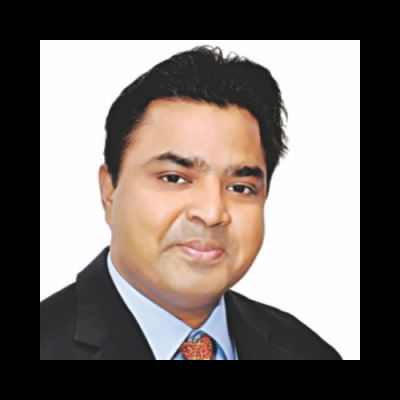
Dhaka South City Corporation (DSCC) Mayor Sayeed Khokon said Dhaka could soon use the “Reduce, Reuse and Recycle (RRR)” method for managing the city’s waste.
Khokon, in an interview with The Daily Star earlier this year, said he learned of the method during a knowledge-sharing trip to the Indian cities of Bangalore and Kolkata between February 4 and 8.
The mayor said he would use the experiences of the trip to bring changes to garbage management in the areas under his jurisdiction.
“We will ink the memorandum of understanding [MoUs] with both the municipalities so that we can share our knowledge...drafts of the MoUs are being prepared by both sides before finalisation,” he said.
Khokon said the Bangalore Municipal Corporation had found the RRR method to be very effective.
Reducing garbage at the source, reusing it and recycling it are the main objectives of the method.
The process reduces the amount of garbage that reaches landfills, he said.
Regarding Kolkata, the mayor said their municipal corporation was also trying to follow the method and was now focused on commercially producing compost fertiliser made from waste.
They collect the waste, segregate it and make fertiliser, after which it is marketed by India’s agriculture ministry, he said, adding that Bangalore had a plant where garbage from the landfill was compacted. It also generated compost from wet waste.
Different companies were involved in the business of generating fertiliser from waste which the ministry concerned collects and then markets.
Khokon pointed out that such a practice did not exist in Bangladesh. Solid waste was being collected from different localities by authorities concerned but kept in secondary transfer stations, before being dumped into the two city landfills -- in Matuail and Aminbazar.
The mayor said some elements of the RRR method existed informally in Dhaka on a small scale.
There are many small recycling plants from where some items are being exported informally, the mayor added.
“We are planning to bring these under a formal management system, which will be environment-friendly as well,” he said.
Emphasising the need for awareness, Khokon said authorities of Bangalore Municipal Corporation brought about positive behavioural changes among its residents through different awareness programmes.
The mayor also said it was important to make citizens part of the process, pointing to how the wards are formed in Bangalore.
Units are formed by representatives of 750 households, which make up one unit in the ward. Those monitor and supervise the activities of the municipal workers.
“We are also going to involve our citizen with our work by forming committees involving representatives from social, cultural, educational and religious organisations, to ensure accountability, transparency and efficiency,” he said.

 For all latest news, follow The Daily Star's Google News channel.
For all latest news, follow The Daily Star's Google News channel. 

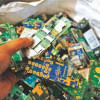

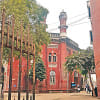
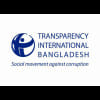
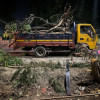


Comments